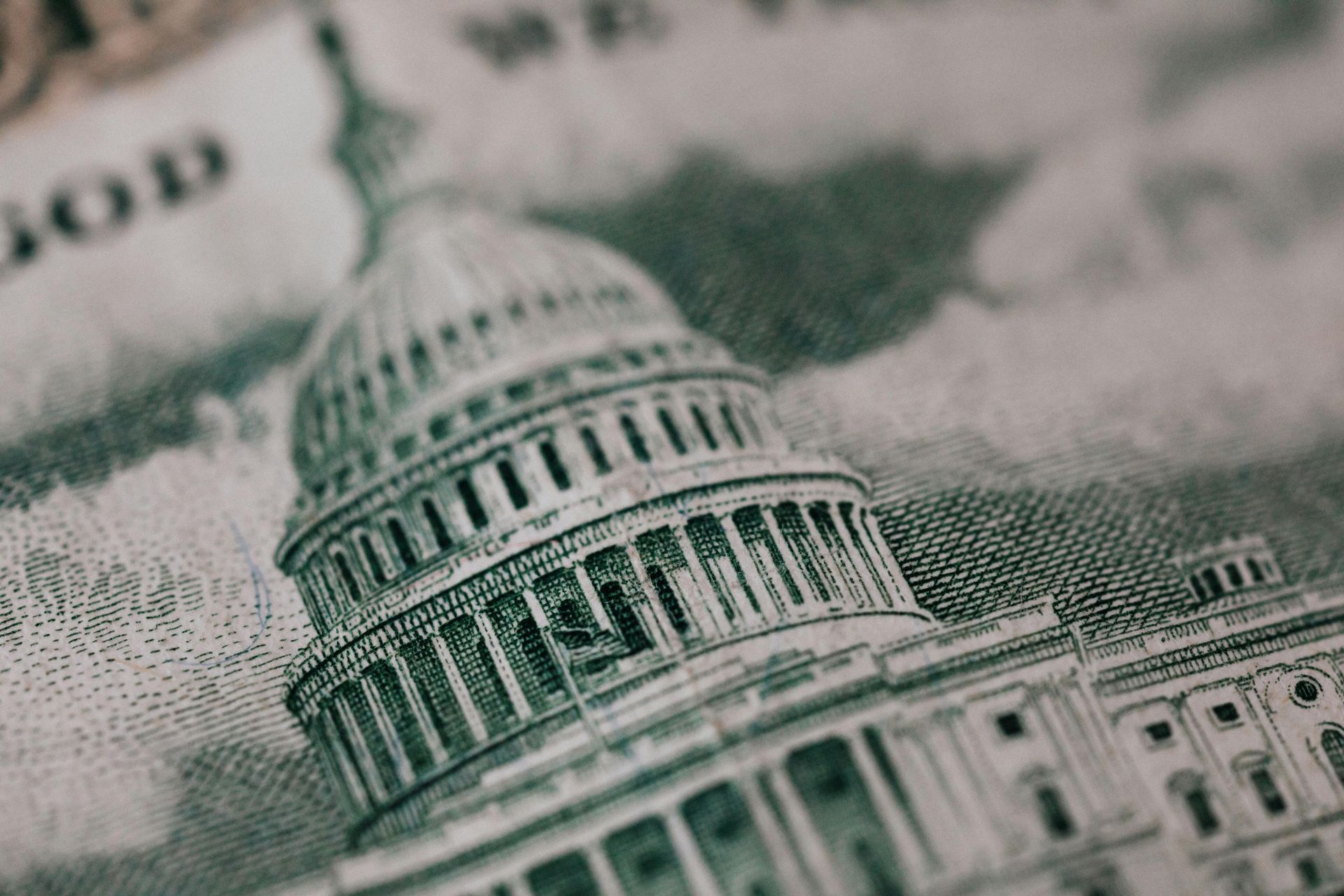Proposed changes to PFIC treatment related to partnerships

In 2019, the Treasury Department and the Internal Revenue Service 2019 released proposed regulations regarding the aggregate treatment of U.S. partnerships for purposes of the Controlled Foreign Corporation Subpart F rules and requested comments concerning the Passive Foreign Investment Corporation (“PFIC”) rules for U.S. partners of U.S. partnerships. In response to the comments received, the Treasury Department and the Internal Revenue Service (“Treasury and IRS”) released proposed PFIC regulations regarding U.S. partnerships and S-corporation on January 25, 2022 (“the Proposed Regulations”). This tax alert principally focuses on the proposed PFIC rules as it relates to U.S. partnerships.
Let’s start with a brief discussion of the aggregate versus entity treatments for partnerships. In the entity approach, the partnership is treated as owning the assets of the partnership and is treated as separate and distinct from its partners. Conversely, in the aggregate approach, the partners of a partnership are treated as owning the assets of the partnership. This is relevant because the Treasury and IRS intend to use the aggregate approach with respect to the PFIC rules related to U.S. partners of U.S. partnerships per the Proposed Regulations.
The PFIC rules generally negate any U.S. tax benefits of deferral of income related to investments in non-U.S. corporations. These rules are important for U.S. partners to consider as the partner could be subject to interest charges and other special U.S. tax treatments related to their direct or indirect interest in a PFIC.
Similar to recent decisions by the Treasury Department and IRS regarding Controlled Foreign Corporation (“CFC”) rules, the Treasury Department and IRS concluded that domestic partnerships and S-Corporations should be treated as aggregates of their partners and shareholders for purposes of the Qualified Electing Fund (“QEF”) and Mark-to-Market (“MTM”) rules. This is significant as the intention of the Proposed Regulations is to not treat U.S. partnerships and S-corporations are shareholders for purposes of making a QEF or MTM election. Accordingly, U.S. partnerships and S-Corporations should not recognize QEF inclusions or MTM amounts, make PFIC purging elections, or file Form 8621. The Treasury and IRS noted that the new reporting on a partner’s Schedules K-2 and K-3 from a partnership is expected to enable the partner to make a QEF election.
The Proposed Regulations provide transition rules for QEF elections made by U.S. partnerships and S-Corporations. These transition rules will be effective for tax years of a PFIC ending on or before the date of publication of these rules as final regulations.
There are special rules concerning the transfer of QEF stock to U.S. partnerships and flow-through entities amongst other miscellaneous PFIC rule changes.
Do you have questions regarding PFIC tax reporting, PFIC determinations, or outbound tax planning? Contact International Capital Associates, LLC to discuss.



